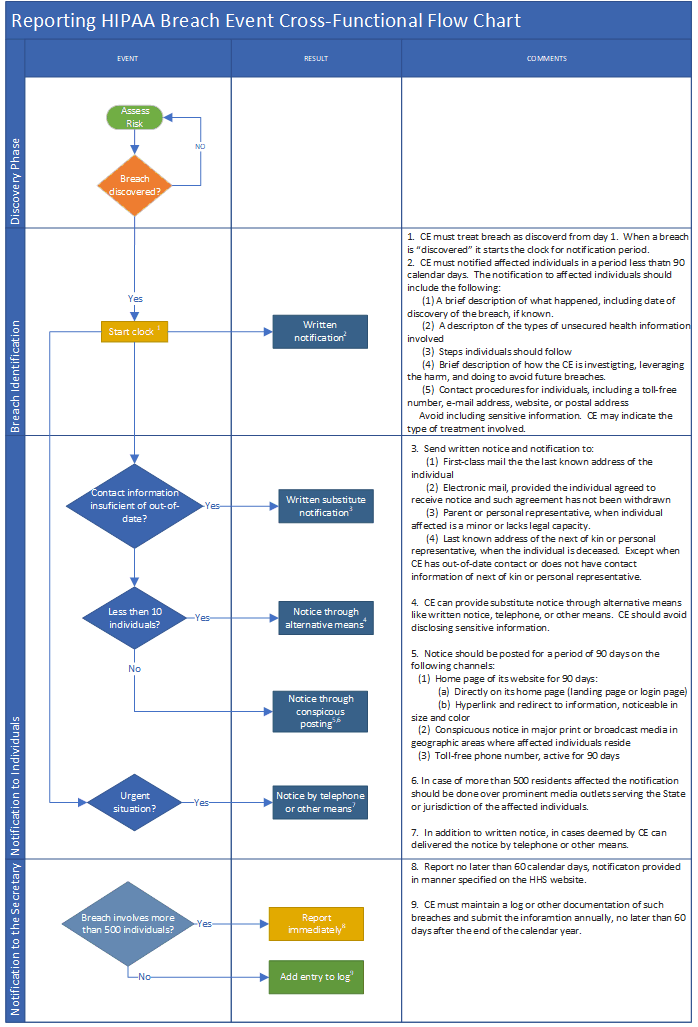Data is one of the most valuable assets that an organization possess. All of the processes surrounding data acquisition, management, and storage have increased their importance in recent years; and, the increased amount of data source will create a complex environment for the execution of these processes. In order to acquire value from data, organizations transform data in a way that it will render meaningful information. Therefore, it is of outmost importance that data sources are complete, correct, and consistent. In the case of health care organizations, (Bowman, 2013) states:
Failure to address information integrity issues in EHR systems will lead to spiraling, rather than declining, health care costs and medical errors as a result of the proliferation of new types of patient safety hazards(Bowman, 2013).
The following artifacts have the intention of demonstrating different approaches of maintaining data integrity, as well as, the proper management of data for the creation of information.
Artifact 1: 543 Assignment Exercise, Normalization
Artifact 2: 544 Health Care Data Breach Notification Process
Artifact 3: 507 Multiple Regression
References
Bowman, S. (2013). Impact of electronic health record systems on information integrity: quality and safety implications. Perspectives in Health Information Management, 10, 1c. https://doi.org/10.1021/ef0100294
Failure to address information integrity issues in EHR systems will lead to spiraling, rather than declining, health care costs and medical errors as a result of the proliferation of new types of patient safety hazards(Bowman, 2013).
The following artifacts have the intention of demonstrating different approaches of maintaining data integrity, as well as, the proper management of data for the creation of information.
Artifact 1: 543 Assignment Exercise, Normalization
- Demonstrates the proper techniques for gathering, formatting, and storing data to investigate a given question or problem
- Demonstrate skills in the use of a data management software such as SQL and DB design
Artifact 2: 544 Health Care Data Breach Notification Process
- Demonstrates the proper techniques for gathering, formatting, and storing data to investigate a given question or problem
Artifact 3: 507 Multiple Regression
- Demonstrates the application of statistical methodologies to evaluate a problem
References
Bowman, S. (2013). Impact of electronic health record systems on information integrity: quality and safety implications. Perspectives in Health Information Management, 10, 1c. https://doi.org/10.1021/ef0100294
Artifact 1:
| db.normalization.docx | |
| File Size: | 106 kb |
| File Type: | docx |
Artifact 2:
| breach.notification.process.docx | |
| File Size: | 120 kb |
| File Type: | docx |
Artifact 3:
| multiple.regression.xlsx | |
| File Size: | 49 kb |
| File Type: | xlsx |

